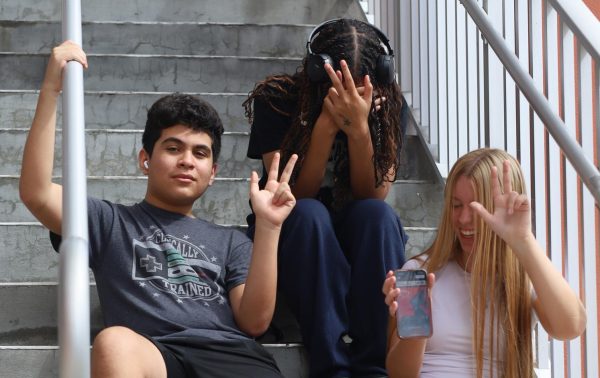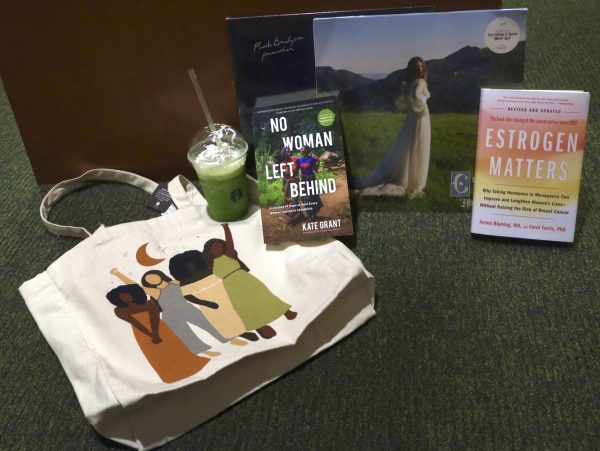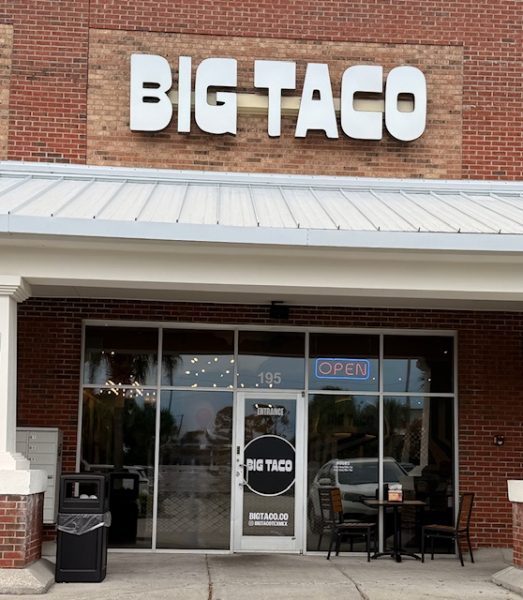Fired Up!
Celebration of Lunar New Year is darkened by lasting COVID impacts
photo by Bethany Barker
Once filled with crowds of vendors selling jiaozi and families gathered to enjoy parades, popular city streets in China are virtually void of visitors. The holiday is a chance for those who work in the city year-long to visit their families, an economic opportunity for rural provinces and one of the biggest holidays in Asia. The Lunar New Year is mainly celebrated in Korea, China and Vietnam. This year, it was Feb. 12.
While the neon lights continue to light up walkways and the traditional red lanterns are on display, the lingering impact of COVID-19 has darkened the celebratory spirit. It is an incredibly sad loss for millions in both China and the U.S. who are in desperate need of good news.
In China, the citizens did everything right; they cooperated with temperature checks, mask mandates and complied with complete city lockdowns. China seemed to be on the track to recovery. NBC News in Nov. 2020 attributed containment success to the Chinese general public’s strict adherence to rules and policies. A month later, Johns Hopkins University reported just over 93,000 cases in mainland China, less than the weekly average of new cases in the US, which was around 188,000.
However, January and February upticks in COVID cases in China have paused major Chinese New Year festivities; Bloomberg in 2021 wrote that Beijing alone is facing around 100 cases daily, a change from the past year, in which they “reported fewer than 200 COVID-19 deaths since April.”
The Chinese government has encouraged citizens to refrain from traveling at all. CNN Travel in 2021 reported that anyone in China looking to travel must provide a negative COVID test within a week, along with an additional two-week quarantine at home upon arrival. Local governments also have added stricter restrictions, and instead of a two-week quarantine at home, governments require travelers to stay at a government-approved hotel.
The rural-urban divide in China is much more pronounced than that in the United States; it is not as easy to constantly travel between smaller villages and larger cities. Many younger adults have year-long jobs in the city, and holidays such as Chinese New Year allow for a short break to return home. This year, with the COVID policies, parents will be separated from their children, husbands will be separated from wives and many others will be miles away from the only place they consider home.
In the U.S., the Lunar New Year situation is grim for Asian-American communities who face rampant racism, higher than years past. Despite widespread accessibility to science and common sense, some are still looking to blame any Asian for the pandemic rather than own up to their own role in the severe incompetence of the United States’ handling of the virus. This misguided anger is dangerous, and is nothing to celebrate. The Queens Chronicle in Sept. 2020 reported a 1,900% increase in hate crimes against asians.
Worst of all, the violence is targeting elderly asians. The Cut in Feb. 2021, “An 84-year-old Thai American man, Vicha Ratanapakdee, was killed in an unprovoked attack in San Francisco; a 64-year-old Vietnamese-American woman was assaulted in broad daylight in San Jose and robbed of $1,000 in cash she had taken out for the upcoming Lunar New Year celebration; and in New York, Noel Quintana, 61, a Filipino American, was slashed in the face with a box cutter while riding the subway.”
It is cowardice at its lowest. They are grandparents looking to give their grandchildren li xi and hongbao and grandparents looking to pass down secret nian gao recipes to daughters. The elderly are highly respected in Asian culture, but in America, they are treated like trash.
And no one says anything about it. Anti-Asian hate is a plague on its own, but only Asians seem to be aware of it. National news stations would rather cover BTS than talk about actual Asian-American culture and political outlets would rather give airtime to the MyPillow CEO than the work of prominent Asian politicians like Andrew Yang, who is currently running for the New York City mayor.
The Biden administration has recently acknowledged and denounced the violent attacks during a Feb. 11 press conference, but CNN’s only Asia-related news located on their front page is a new mainland China policy banning BBC News; nothing on the events unfolding in our own country.
In many ways, the impact of COVID-19 could not have been lessened. COVID policies in China were necessary to stop the spread, even during a widely-anticipated holiday week. However, there were also many ways to reduce the losses. It is not hard to refrain from being racist or violent, nor is it difficult to spread awareness through…reporting news. One of the brightest festivities of the year and yet, it is dimmed by the mourning and the fear felt by the Asian community globally.
Your donation will support the student journalists of Hagerty High School. We are an ad-free publication, and your contribution helps us publish six issues of the BluePrint and cover our annual website hosting costs. Thank you so much!







